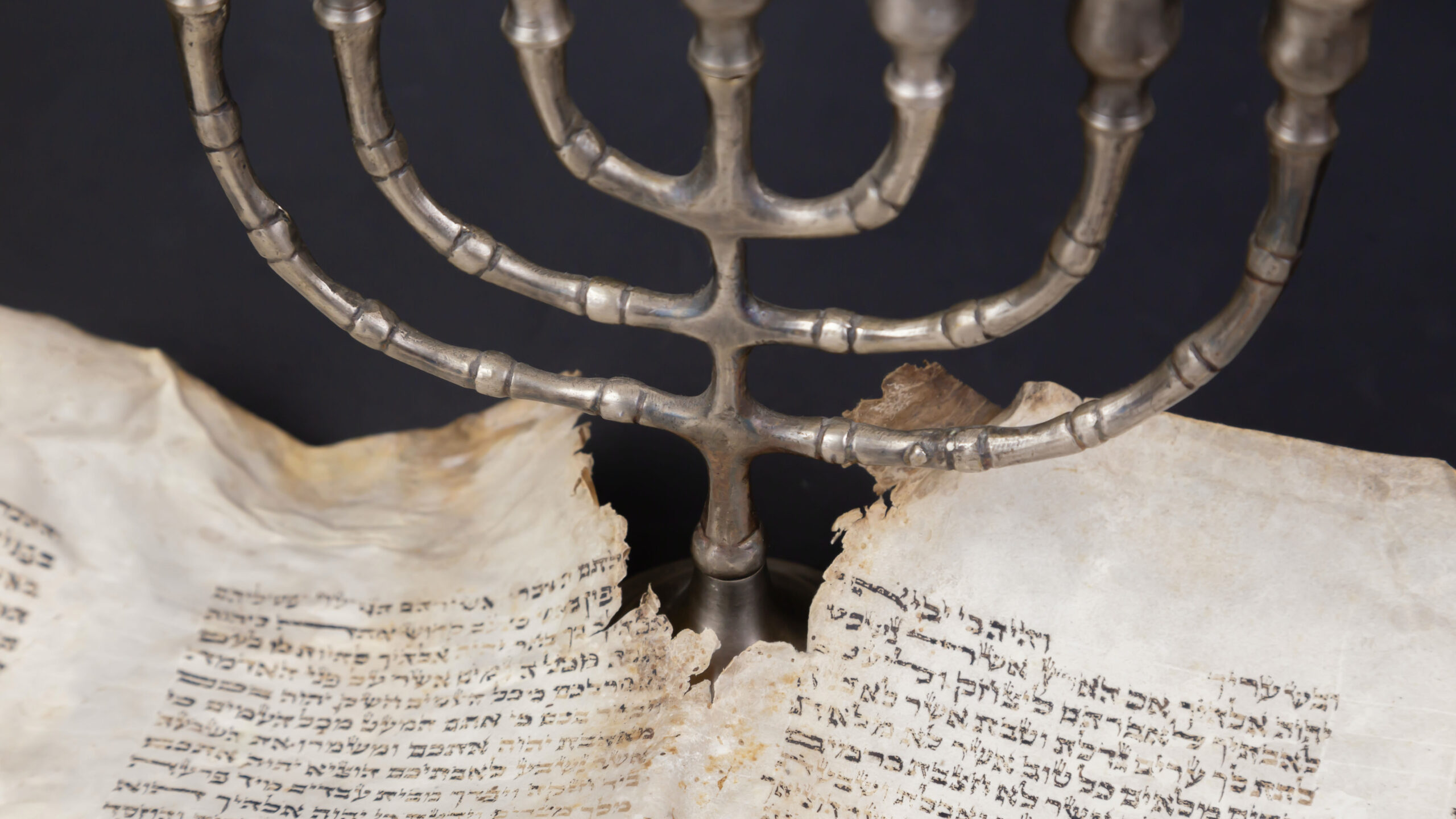Jewish holidays all seem to have similar themes. Somebody hates us. They want to wipe us off the Earth. They fail. We celebrate with food.
Food seems to be how Jews remember the atrocities we’ve survived, and how we contemplate the future that is possible. Passover, Purim and Chanukah all deal with these themes, and all bring heapings of food meant to comfort us.
At Chanukah, Jews remember a time when there was no hope, a time when we were reminded of the miracles that faith can bring.
Jewish life was prospering in Judea, now Israel, at around 200 BCE. At the time, Judea had been engulfed by the Greco-Syrian King Antiochus III. He was a benevolent ruler, granting Jews the right to live according to their customs and the right to practice their religion at the Beit Hamikdash, or Holy Temple.
When Antiochus died, his son Antiochus IV Epiphanes — also know as Antiochus the Madman — wasn’t so generous. He sacked the temple, banned all manner of practices and traditions and ordered the sacrifice of pigs at the altar where traditional sacrifices were made by Jews to God.
This was a terrible violation of Jewish laws and customs. And Jews, as has happened so often in history, had to choose between succumbing or fighting back.
Mattityahu, a Jewish priest, and his five sons, Jochanan, Simeon, Eleazar, Jonathan, and Judah chose to fight, leading a rebellion against Antiochus the younger.
The revolt began when Mattityahu killed a Jewish person who wanted to comply with the laws Antiochus IV had put in place. When Mattityahu died a few years later, his son, Judah, became leader, and affectionately became known as “Judah the Maccabi.”
The revolt led by Judah faced long odds. The Jews were outmanned and lightly armed. But, somehow, Judah’s followers liberated the temple and it was rededicated to God.
Judah ordered it be cleansed of impurities and a new altar be built.
According to the Talmud, an extension of the Old Testament for Jews, the Greeks had defiled all the oils in the sanctuary. After the revolt, Jews searched the temple for any oil that had not been contaminated.
“They found only one cruse of oil which lay with the seal of the kohen gadol (high priest), but which contained sufficient [oil] for one day’s lighting only; yet a miracle was wrought therein, and they lit [the lamp] therewith for eight days,” the Talmud said.
From the next year onwards, the day was commemorated and celebrated and Jews continue the tradition today.
I can already smell the latkes, a traditional Jewish food on Chanukah, being made at home. These delicious potato pancakes are all the rage during Chanukah.
Imagine a golden hash brown. Circular in shape, crispy on the outside and fluffy on the inside. If you think hash browns are good, you haven’t had a latke yet.
The pan is on high heat, oil sizzling and cracking and each one my mom sets into the oil makes that loud cracking sound we all know and love about fried foods.
The delicious food doesn’t stop there.
We eat pastries called Sufganiyot, a fancy word for a doughnut. They’re light and soft and tend to be stuffed with jams, jelly, Nutella. And they’re dusted with icing sugar, because who doesn’t love a sugar coma on top of the fried food coma you’re in the midst of settling into.
So this Chanukah, Jews all over the world will once again gather, to light the Chanukah candles for eight days, to remind the world of our survival and presence.
And, Jewish holidays being what they are, to enjoy incredible food.

